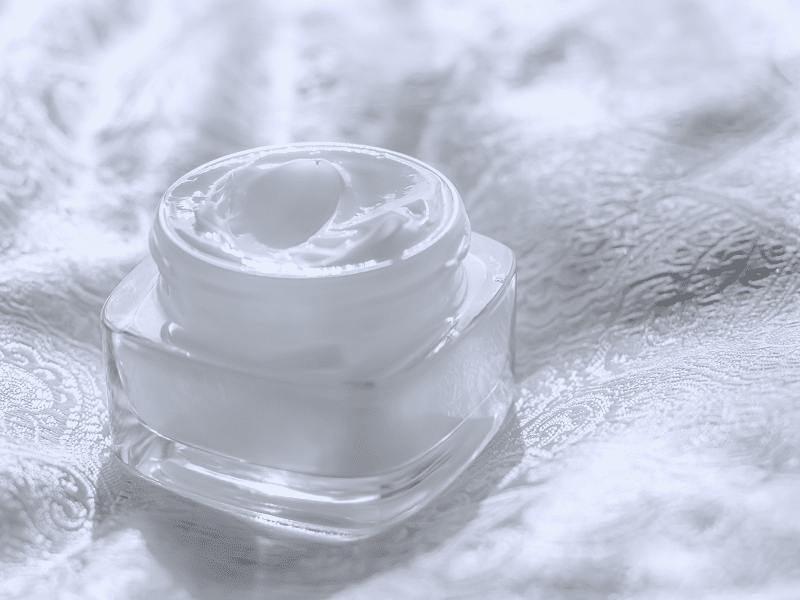On 7 August 2025, the International Organization for Standardization (ISO) announced the registration of a new project, ISO/AWI 24913, developed by ISO Technical Committee 217 (ISO/TC 217). This draft international standard establishes a unified method for detecting and quantifying 1,4-dioxane in cosmetic products using advanced gas chromatography mass spectrometry (HS-GC-MS).
The project is currently in stage 20.00, marking it as a newly registered work item in the development phase. The standard will provide detailed procedures and validation methods to ensure compliance with international safety specifications.
What the Draft Standard Covers
ISO/AWI 24913 specifies the use of automatic headspace gas chromatography mass spectrometry (HS-GC-MS) to detect and measure 1,4-dioxane in a wide range of cosmetic products, including hair and body wash, face cream, shampoo, toothpaste, liquid soap, solid soap, and lotion.
Since 1,4-dioxane is classified as a potential human carcinogen by the U.S. Environmental Protection Agency (EPA), the development of this standard directly addresses health risks and consumer safety concerns. The draft outlines comprehensive methods, including definitions of terms, calculation of quantification limits, and validation protocols to ensure accurate and reliable results.
Why It Matters
The proposed standard introduces stricter quality control requirements and may lead to increased compliance costs for manufacturers. By defining clear testing procedures, it helps companies meet international safety standards, strengthens regulatory alignment, and reassures consumers about product safety.
Who Should Pay Attention
This update is highly relevant for regulatory affairs teams, QA specialists, cosmetic manufacturers, laboratory analysts, and compliance managers. Organizations in these areas should begin assessing their current testing capabilities and aligning them with the new ISO framework.
Next Steps
Businesses should review their testing protocols for 1,4-dioxane, evaluate whether they need new equipment or lab partnerships, and closely monitor further announcements from ISO/TC 217. Preparing early will minimize disruption when the standard advances to later stages of implementation.
To support teams in managing regulatory change, RegASK provides solutions that streamline global regulatory monitoring and adaptation.
RegASK is an AI-driven solution for Regulatory Intelligence and Workflow Orchestration helping life sciences and consumer packaged goods companies stay ahead of changing global regulations and guidelines with predictive insights. It combines smart documentation, automated workflows, and integrated experts to enable faster adaptation, which ultimately reduces operational risk. Learn more or book a demo now.
FAQs
What is ISO/AWI 24913?
Annex 22 is new guidance issued by PIC/S that sets regulatory expectations for the use of AI and ML in GMP-regulated pharmaceutical manufacturing.
Which cosmetic products are affected by the draft standard?
The standard applies to products such as hair and body wash, face cream, shampoo, toothpaste, liquid soap, solid soap, and lotion.
Why is 1,4-dioxane a regulatory concern?
1,4-dioxane can appear as a contaminant during cosmetic manufacturing and is classified as a potential human carcinogen by the U.S. Environmental Protection Agency.
How can RegASK help organizations adapt to this update?
RegASK enables compliance teams to track evolving standards like ISO/AWI 24913, streamline testing protocol updates, and reduce the operational risks of non-compliance through AI-driven intelligence and workflow automation.
Subscribe to the latest regulatory news
Curated newsletters
Relevant industry info
Access expert insights

